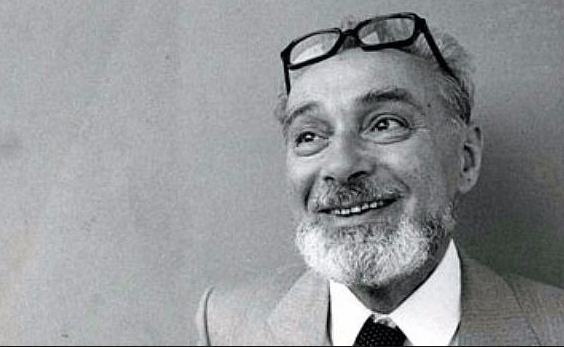The first news about the Nazi annihilation camps began to spread in the crucial year of 1942. They were vague pieces of information, yet in agreement with each other: they delineated a massacre of such vast proportions, of such extreme cruelty and such intricate motivation that the public was inclined to reject them because of their very enormity. It is significant that the culprits themselves foresaw this rejection well in advance: many survivors (among others, Simon Weisenthal in the last pages of The Murderers Are Among Us) remember that the SS militiamen enjoyed cynically admonishing the prisoners:
‘However this war may end, we have won the war against you; none of you will be left to bear witness, but even if someone were to survive, the world will not believe him. There will perhaps be suspicions, discussions, research by historians, but there will be no certainties, because we will destroy the evidence together with you. And even if some proof should remain and some of you survive, people will say that the events you describe are too monstrous to be believed: they will say that they are the exaggerations of Allied propaganda and will believe us, who will deny everything, and not you. We will be the ones to dictate the history of the concentration camps.’
Strangely enough, this same thought (‘even if we were to tell it, we would not be believed’) arose in the form of nocturnal dreams produced by the prisoners’ despair. Almost all the survivors, orally or in their written memoirs remember a dream which frequently recurred during the nights of imprisonment, varied in its detail but uniform in its substance: they had returned home and with passion and relief were describing their past sufferings, addressing them selves to a loved one, and were not believed, indeed were not even listened to. In the most typical (and cruelest form, the interlocutor turned and left in silence. This is theme to which we shall return, but at this point it is important to emphasize how both parties, victims and oppressors, had a keen awareness of the enormity and therefore the non-credibility of what took place in the concentration camps—and, we may add here, not only in the concentration camps, but in the ghettos, in the rear areas of the Eastern front, in the police stations, and in the asylums for the mentally handicapped.
Fortunately, things did not go as the victims feared and the Nazis hoped. Even the most perfect of organisations has its flaws, and Hitler’s Germany, especially during the last months before the collapse, was far from being a perfect machine. Much material evidence of the mass exterminations was suppressed, or a more or less dextrous attempt was made to suppress it: in the autumn of 1944 the Nazis blew up the gas chambers and crematoria at Auschwitz, but the ruins are still there, and despite the contortions of epigones it is difficult to justify their function by having recourse to fanciful hypotheses.
But the experiences that we survivors of the Nazi concentration camps carry within us are extraneous to the new Western generation and become ever more extraneous as the years pass. For the young people of the 1950s and 1960s these were events connected with their fathers: they were spoken about in the family; memories of them still preserved the freshness of things seen. For the young people of the 1980s, they are matters associated with their grandfathers: distant, blurred, ‘historical.’ These young people are besieged by today’s problems, different, urgent: unemployment, the depletion of resources, the demographic explosion, frenetically innovative technologies to which they must adjust. The world’s configuration is profoundly changed; Europe is no longer the centre of the planet. A skeptical generation stands at the threshold of adulthood, bereft not of ideals but of certainties, indeed distrustful of the grand revealed truth: disposed instead to accept the small truths, changeable from month to month on the convulsed wave of cultural fashions, whether guided or wild.
For us to speak with the young becomes ever more difficult. We see it as a duty and, at the same time, as a risk: the risk of appearing anachronistic, of not being listened to. We must be listened to: above and beyond our personal experiences, we have collectively witnessed a fundamental, unexpected event, fundamental precisely because unexpected, not foreseen by anyone. It took place in the teeth of all forecasts; it happened in Europe; incredibly, it happened that an entire civilised people, just issued from the fervid cultural flowering of Weimar, followed a buffoon whose figure today inspires laughter, and yet Adolf Hitler was obeyed and his praises were sung right up to the catastrophe. It happened, therefore it can happen again: this is the core of what we have to say.
It can happen, and it can happen anywhere.
Primo Levi was arrested for being a member of the Italian anti-fascist front in 1943 and sent to Auschwitz. The above is taken from The Drowned and the Saved, which he wrote in 1986, shortly before his death.






Comments